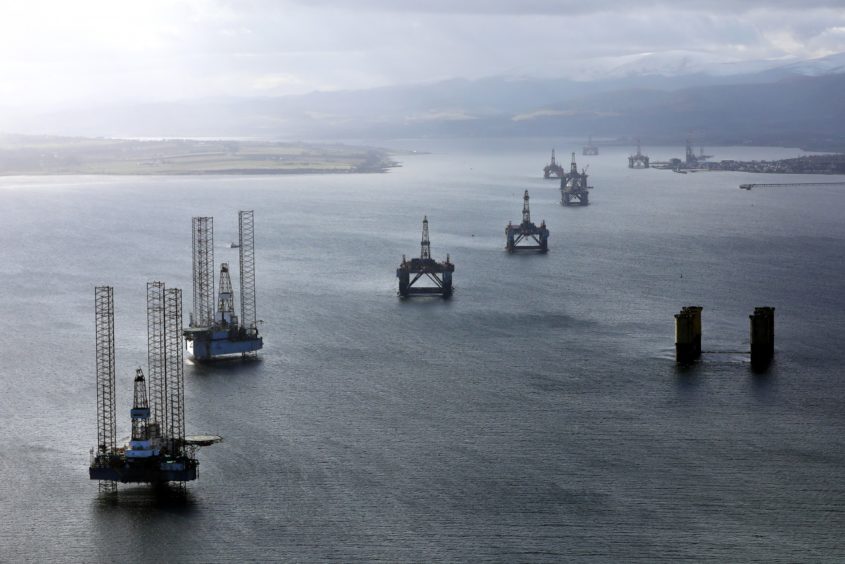
The Brent oil price has reached its highest in 13 months, but experts say questions persist on whether activity in the UK North Sea will see a similar resurgence.
The global benchmark hit $60 yesterday, its highest since January 2020, with Covid vaccinations and production cuts from OPEC buoying the market.
Experts, like petroleum economist Alex Kemp of Aberdeen University, are showing some cautious optimism for the UK sector, hopeful “a few investment projects may be given the go ahead” if the price rally is sustained.
“Cash flows are increased to the industry, it will mean tax revenues are a bit higher and also it will mean that some investment projects which have been put on hold will now be possibly reappraised”, he said.
However, “a lot of ifs and buts” remain on the future, not least due to the “fragile” nature of OPEC agreements, but the capital budget constraints of North Sea operators, despite the rise of Brent.
One point that may preclude activity is the rise of the ESG agenda, now “at the heart of policy” in the UK energy sector, and whether companies are seen to be doing enough.
“Even with the increase in cash flows, external funding will often be required and other financial institutions, and even the non-bank suppliers of funding, namely equities, will be under scrutiny by the shareholders who, in turn, are being told to be cautious about financing fossil fuels projects”, professor Kemp said.
“Nevertheless, on balance, I think that 2021, compared to 2020, should see some increase in activity particularly for the supply chain.”
Decommissioning
One area that might see a boost thanks to the increase in Brent Crude is North Sea decommissioning, according to Professor Kemp, which would be “very welcome for the hard-pressed supply chain”.
Last year saw operators put half a billion pounds worth of decommissioning spending on hold for the following two years, seeking to instead push some decom obligations into the long grass until they’re on a more financially secure footing to meet them.
Professor Kemp referred to a number of fields reaching a cessation of production date, but some of their associated decom activities are yet to take place.
Boston Consulting Group (BCG) warned last year of the potential for a “wave of idle iron” in the UK and elsewhere as a result of these decisions.
Last year Brent took a nosedive to $20 and the BCG report warned of the consequences of oil remaining depressed at around $30.
However, even with prices now returning there’s no guarantee that decom work will see a major boost, according to Martha Vasquez and Philip Whittaker of BCG’s oil and gas division, with other things for operators to weigh up.
They said: “Higher oil prices could indeed mean more decom activity but it will be selective; in general we continue to see highly disciplined behaviour.
“Operators continue to face capital allocation trade-offs against other priorities such as asset integrity, production restoration and to progress development work that may have been paused in recent months.”
Brent may yet rise further, depending on actions from OPEC and progress with vaccinations, but, as Professor Kemp said back in December, its evidence of a sustained high price that operators want.
OPEC met last week, deciding to keep its current policy for February and March in place, meaning most countries keep output level, while top exporter Saudi Arabia takes a cut of 1million barrels per day.
Callum Macpherson, head of commodities at analyst firm Investec, looked to the vaccine progress in Israel, now open to all people over the age of 16.
He said: “If the promising results from vaccinations in Israel are repeated elsewhere, this could help to push Brent higher.
“We are still a very long way from herd immunity in major demand centres though, so the extra cuts taken by Saudi Arabia may yet prove to be necessary.”
Recommended for you

